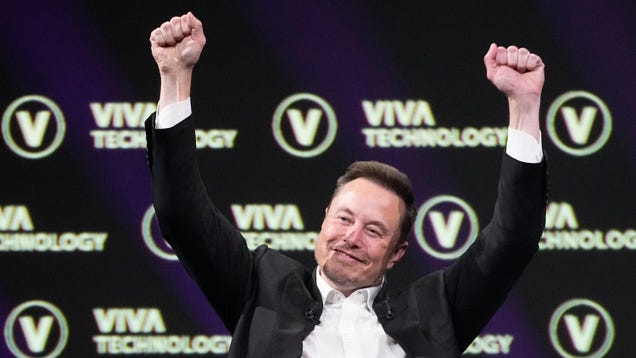Elon Musk talks a big game about freedom of expression. The billionaire refers to himself as a “free speech absolutist,” and spent the last year making bold promises about undoing Twitter’s perceived history of suppressing distasteful ideas. But the old saying goes, you should judge a man by his actions, not his words. By that metric, it seems Musk loves censorship, and the list of evidence just keeps getting longer.
One shining example is Musk’s willingness to silence the opponents of foreign governments. Governments often ask social media companies to take down posts or accounts they don’t like. Before Musk took over, Twitter complied with about half of these requests. The numbers shot up under his leadership; these days, Elon’s Twitter cooperates with government censorship requests 80% of the time. All this from a man who foamed at the mouth over the self-important “Twitter Files,” internal company emails that Elon said would reveal Twitter’s earlier collaboration with the US Government. (The Twitter Files did not reveal that.)
Musk isn’t just censoring on behalf of government strong men, though. The tweeter-in-chief seems more than happy to decide what kind of speech is and isn’t allowed on Twitter based on his own personal opinions, and has a history of changing Twitter’s policies to silence people and ideas he doesn’t like.
Take Musk’s growing obsession with the transgender community, for instance. He declared that the words “cis” and “cisgender” are now considered slurs on Twitter. These words are not slurs. “Cisgender” is a neutral, clinical term that means the opposite of transgender. There is no other well-known word for people who are not transgender.
That’s peculiar behaviour that seems to violate free speech champion Elon Musk’s own personal definition of free speech. In an interview last year, Musk said:
A good sign as to whether there is free speech is, is someone you don’t like allowed to say something you don’t like? If that is the case, we have free speech. It’s damn annoying when someone you don’t like says something you don’t like. That is the sign of a healthy, functioning free speech situation.
The problem is serious enough to earn attention from congress. On Thursday, Congressman Adam Schiff read this article into the federal record at a House Judiciary Committee hearing with FTC chair Lina Khan.
There are far more than ten examples of Musk censoring Twitter users because they say and do things he doesn’t like. Look through this list and decide for yourself whether Elon Musk has established a “healthy, functioning free speech situation,” as he promised.
Elon Musk’s Twitter Censored Turkish Dissidents, Just Before an Election
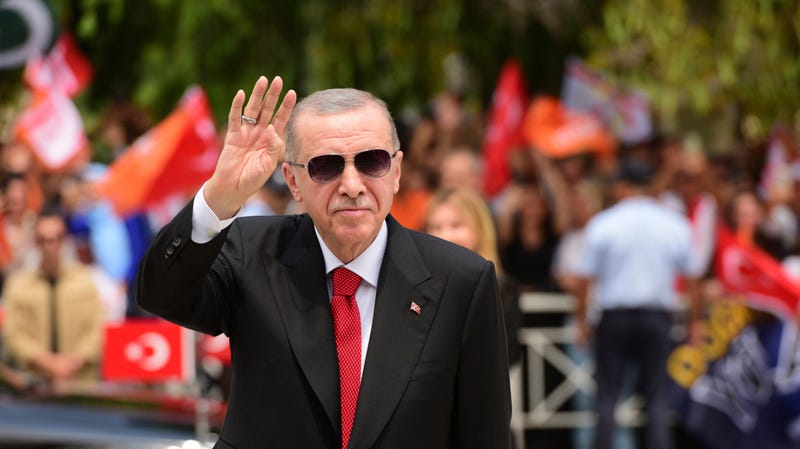
Turkey held a presidential election in May, 2023. In the weeks leading up to it, the government of incumbent President Recep Tayyip Erdoğan asked Twitter to ban four accounts and take down 409 tweets. That included the accounts of an investigative journalist and a Turkish businessman who’s criticised Erdoğan.
Free speech crusader Elon Musk could have defended his users from a government who didn’t want its people to hear their voices. Instead, Twitter bent over and did Erdoğan’s bidding.
“We received what we believed to be a final threat to throttle the service — after several such warnings — and so in order to keep Twitter available over the election weekend, took action on four accounts and 409 Tweets identified by court order,” the company tweeted about the decision.
Journalist and provocateur Matt Yglesias tweeted criticism about the takedowns. Elon Musk responded:
In other words, free speech is less important than maintaining the Turkish people’s access to Twitter, even if that means people only get to see content approved by the Turkish government.
Elon Musk’s Twitter Censored @ElonJet

A sad truth for people who can afford their own planes is flight records are public, by law. One enterprising Twitter user set up a robot called @ElonJet that tweeted the comings and goings of Musk’s private plane. Understandably, Musk didn’t like this, but he defended @ElonJet’s right to tweet as an example of his commitment to free speech on Twitter. Then he changed his mind.
Reportedly, Twitter reportedly “shadowbanned” the @ElonJet account under Musk’s direction, meaning the platforming severely limited the visibility of the account. Then Twitter, banned, unbanned, and banned the @ElonJet account again. The company rewrote its policy on doxxing in a way that seemed specifically targeted at the account, after which the billionaire self-righteously defended his actions. Musk then took legal action against the college student who runs the @ElonJet account.
Then Twitter Censored Journalists Who Wrote About @ElonJet
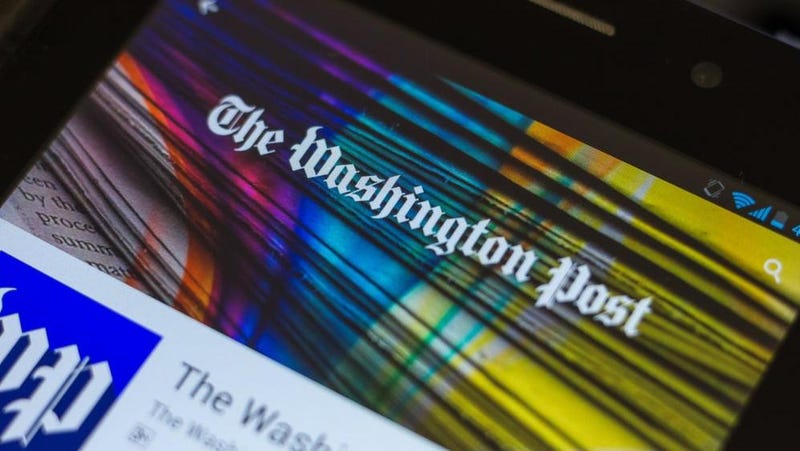
As if banning @ElonJet wasn’t enough, Twitter banned journalists who wrote about it. According to Musk, who tweeted through the ordeal, @ElonJet constituted a violation of the company’s doxxing policy. Apparently, writing about @ElonJet counts as doxxing, too. Journalists who tweeted links to their own stories in publications like the Washington Post had their accounts suspended until they took the tweets. Read that again. It was a violation of Twitter rules to tweet a link to the Washington Post. A total of 10 journalists had their accounts suspended.
Musk initially called the pans a “permanent suspension.” Then he changed his mind. (Noticing a pattern?) Musk created a Twitter poll asking if and when he should reinstate the journalists who were banned for tweeting about the ElonJets account. But after his first poll showed that most people wanted the journalists to be reinstated “now,” Musk apparently didn’t like that result.
“Sorry, too many options, will redo the poll,” Musk tweeted.
Then Twitter Banned Another Journalist For Asking About the Situation

In the midst of the @ElonJet chaos, Washington Post columnist Taylor Lorenz tweeted at Elon Musk asking for a comment about the situation. Lorenz wrote that she and colleague Drew Harwell had emailed Musk several times about information they’d learned which they wanted to share with the billionaire. Lorenz wrote “We’re taking this very seriously and want to ensure this is pursued in the right way.” Then, without any immediate explanation, Twitter banned Lorenz’s account.
Elon later said the ban was for doxxing Lorenz had done in the past (she hadn’t) and ultimately reinstated her account with no further discussion on the subject.
Elon Musk’s Twitter Blue is Censorship By Default
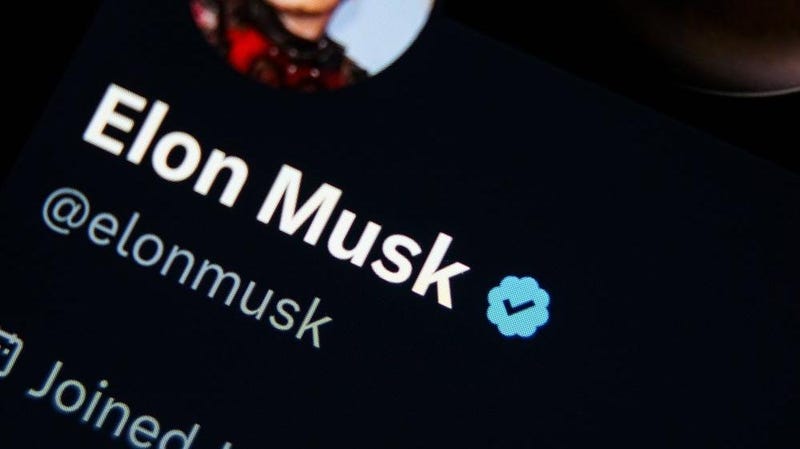
Musk’s pet project is a paid service called Twitter Blue, which lets users pay for a blue checkmark and a boost in the algorithm. At the same time, the algorithm apparently lowers the visibility of people who aren’t not paying for Twitter Blue users. In other words, have all the free speech you want, unless you don’t want to pay $8 a month, in which case the platform will censor you.
Elon Musk’s Twitter Censored the #BlockTheBlue Campaign
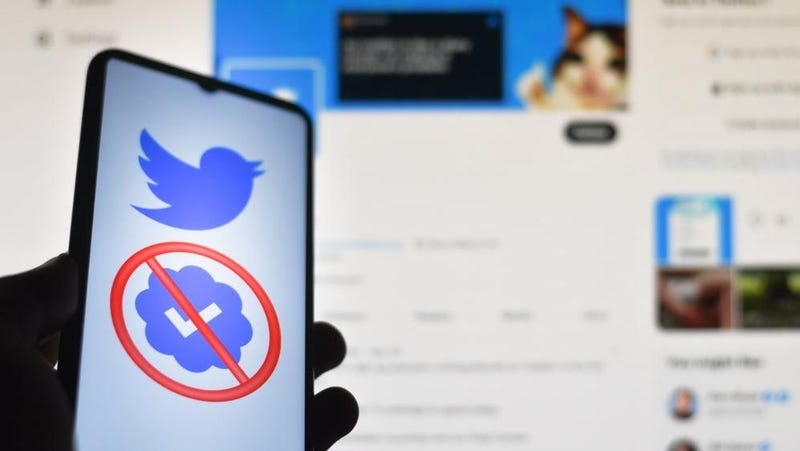
Elon’s Twitter Blue is focused on paying to have your account “verified.” Before Musk’s tenure, Twitter used verification to verify the identity of significant users, as the word “verification” implies. That is no longer true, and Musk stripped the hundreds of thousands of previously verified accounts of their status on a day that’s become known as the Blue Check Apocalypse.
This left only those who were paying for Twitter Blue. Some angry users responded with a campaign called #BlockTheBlue, which asked people to ban any accounts they saw with a checkmark. Organizers even set up a dedicated Block The Blue twitter account. Twitter did not like this.
Twitter banned the accounts of those organizing the Block the Blue campaign, accusing them of violating the company rules on “platform manipulation and spam.” Twitter also reportedly suppressed search results for the phrase Block The Blue, and removed #BlockTheBlue from Twitter’s page of trending topics so fewer people would see it.
Elon Musk’s Twitter Censored Substack, One of Its Competitors
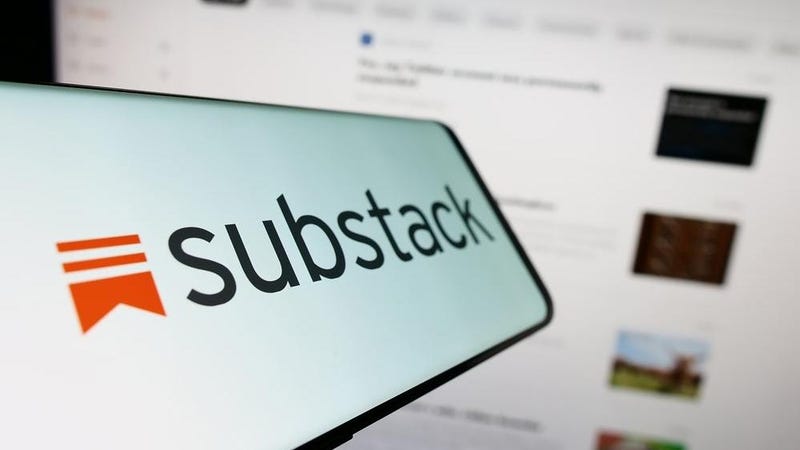
A number of companies, including big names such as Meta, owner of Facebook, are working on competing products similar to Twitter. One of the first to go public was a service called Notes from Substack, a newsletter platform.
Shortly after Notes launched, Twitter borked Substack on its platform. The company blocked users from retweeting, liking, or commenting on Substack links, and made it so Substack users could no longer embed tweets in their newsletters. Users even reported that Twitter made it impossible to search for the word “Substack” on the platform.
Musk tweeted, without evidence, that “Substack was trying to download a massive portion of the Twitter database to bootstrap their Twitter clone, so their IP address is obviously untrusted.” Substack denied this allegation. Musk also said Substack links weren’t blocked, which was demonstrably untrue, not to mention the fact that the situation was confirmed by Gizmodo and many others. Regardless, IP addresses have nothing to do with searching for the word “Substack” on Twitter.
Elon Musk’s Twitter Censored Jack Dorsey and Shut Down Revue
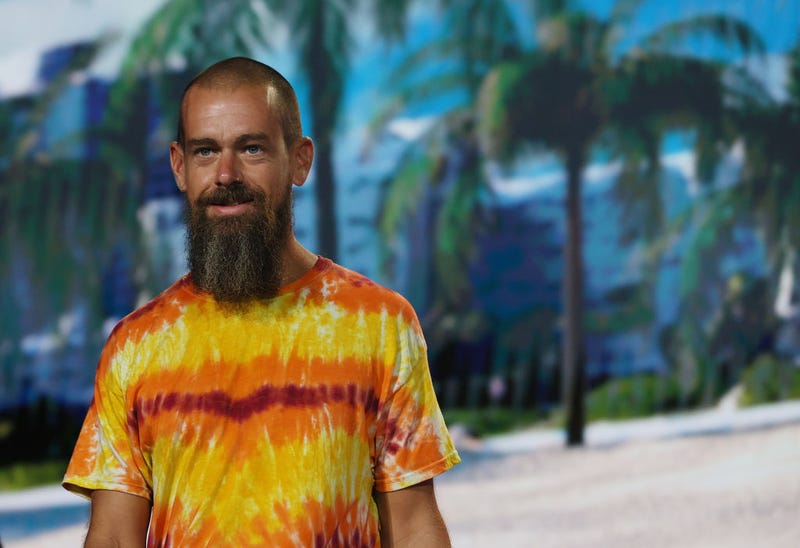
After Elon Musk’s Twitter Files — an extended argument that Twitter engaged in censorship and colluded with the US Government and the Democratic Party — Twitter co-founder Jack Dorsey posted a long essay defending himself, and critiquing Musk.
Dorsey published the screed on Revue, Twitter’s newsletter platform. Immediately after Dorsey’s post, Musk shut the Revue platform down, taking Dorsey’s views offline. Of course, the timing could have been coincidental. Fortunately for history buffs, the content is preserved by the Internet Archive.
Elon Musk’s Twitter Censored Tweets On Behalf of the Indian Government
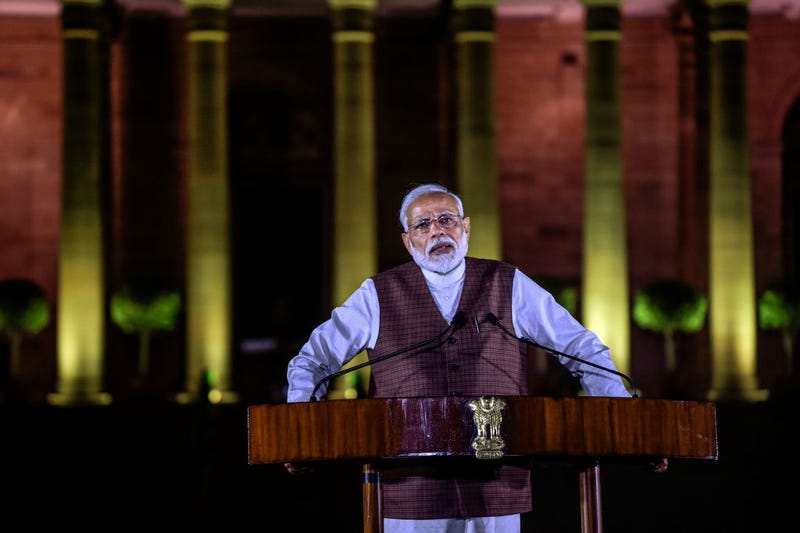
The BBC released a documentary examining Indian Prime Minister Narendra Modi’s involvement with a riot that killed over 1,000 people, most of them Muslims. The documentary, called India: The Modi Question, concludes that the riots had the hallmarks of ethnic cleansing. Modi is often described as an ethnonationalist. Many analysts say the government is undermining its own constitutional commitments to protect Muslim and Christian Minorities. A Modi government official described the documentary as “hostile propaganda and anti-India garbage.”
The Indian government did not like the movie, and asked Twitter to block links to the documentary. Twitter obliged. Actor John Cusack tweeted a link to the series, and said he received a notice that his account was now banned in India as a result. Musk tweeted that he was not aware of his own company’s action against the documentary, and said “It is not possible for me to fix every aspect of Twitter worldwide overnight.”
Elon Musk’s Twitter Plans To Censor People For Using the Word “Cisgender”
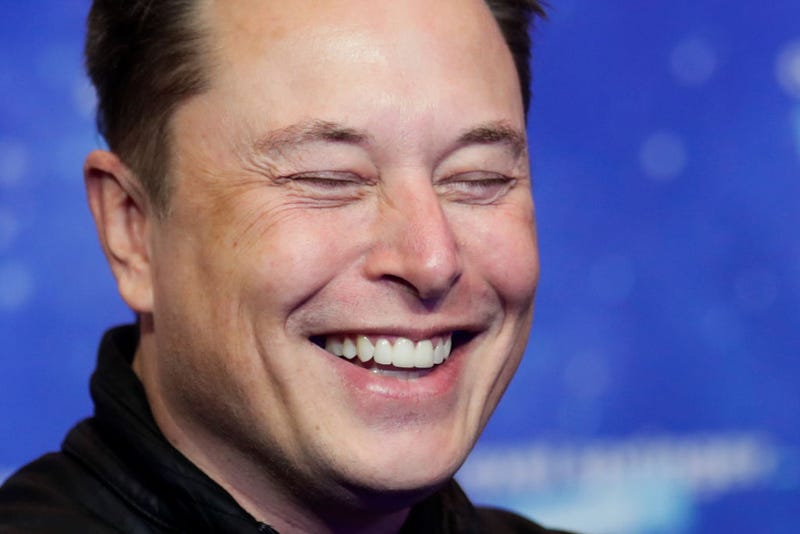
Untold millions of human beings feel disconnected from the gender they were assigned at birth. Some choose to identify as the opposite gender to which they were assigned. These people have come to be known as transgender. Due to the confines of human communication, that requires a word to describe people who are not transgender. That word is “cisgender,” sometimes shortened to “cis,” much like “transgender” is shortened to “trans.”
Over the past two years, the American Right has become absolutely fixated on the transgender community. Elon Musk, apparently, feels the same way. Recently, Musk tweeted, “The words ‘cis’ or ‘cisgender’ are considered slurs on this platform,” echoing a newly-pervasive a decidedly-mythical notion that the word “cis” is primarily used as a derogatory term. It is not. The spreading of this piece of disinformation is part of a coordinated effort to make life difficult for an oppressed community. Anyone who tells you otherwise is either lying or misinformed.
